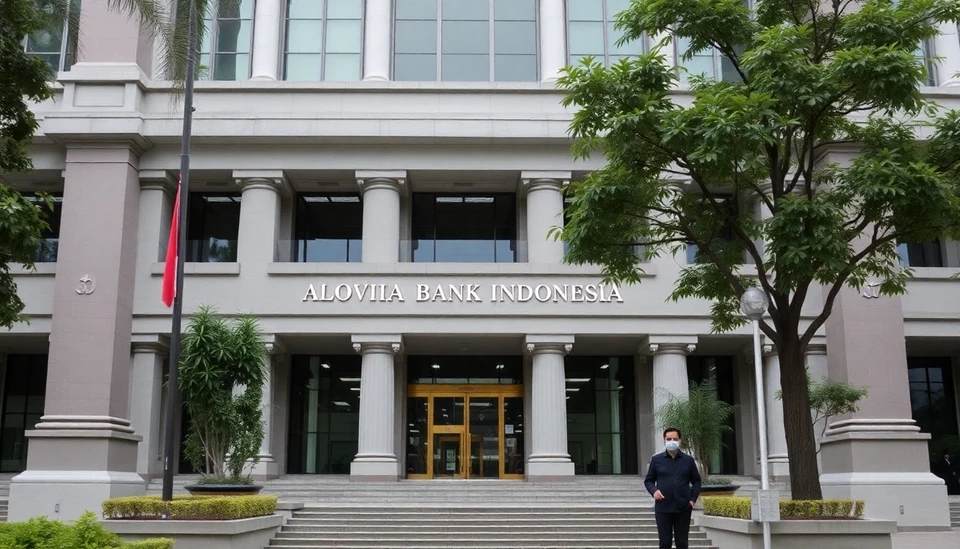
In a move signaling its ongoing commitment to stabilize the national economy, Bank Indonesia has decided to hold the benchmark interest rate steady at 5.75%. This decision was publicly announced on October 16, 2024, in the wake of increasing pressures on the Indonesian rupiah, which has been experiencing notable fluctuations in recent weeks.
The central bank's decision comes at a critical time when the rupiah has faced downward pressure due to global economic conditions and domestic challenges. Factors such as rising inflation, uncertainty in international markets, and changing investor sentiment have all added to the instability of the currency. By keeping the interest rate unchanged, Bank Indonesia aims to provide reassurance to investors and maintain financial stability in the country.
Governor Perry Warjiyo emphasized the importance of this decision, stating that the central bank is committed to ensuring that inflation remains within the target range of 2% to 4%. Recent data indicated that inflationary pressures, driven in part by elevated food prices and energy costs, could pose substantial risks. Keeping the interest rate steady is a way for the bank to curb inflation without stifling economic growth. Warjiyo remarked that the bank is prepared to take additional measures if necessary, to ensure the stability of the economy and the currency.
Analysts and market observers welcomed the decision, noting that it reflects Bank Indonesia’s cautious approach to navigating a complex economic landscape. Many believe that maintaining the key interest rate at this level will help bolster confidence in the rupiah and prevent further depreciation. Furthermore, the bank's proactive stance was seen as a positive signal to foreign investors, who are closely monitoring developments in Indonesia’s economic policies and currency stability.
As the global economy continues to show signs of volatility, particularly amid concerns surrounding inflation and interest rate adjustments in major economies, the Indonesian central bank’s steady approach may prove crucial in safeguarding the nation’s financial health. The central bank reiterated its commitment to monitoring external and domestic factors that could impact the rupiah and reiterated that any future policy changes would be made in alignment with the ongoing economic assessments.
In summary, Bank Indonesia’s decision to hold the interest rate at 5.75% reflects its ongoing commitment to stabilizing the economy in the face of external pressures and aims to foster a conducive environment for growth while keeping inflation in check. As the situation evolves, all eyes will be on the central bank’s future interventions and measures to safeguard the economic framework of Indonesia.
#BankIndonesia #Rupiah #InterestRate #EconomicStability #IndonesiaEconomy #InflationControl
Author: Daniel Foster




